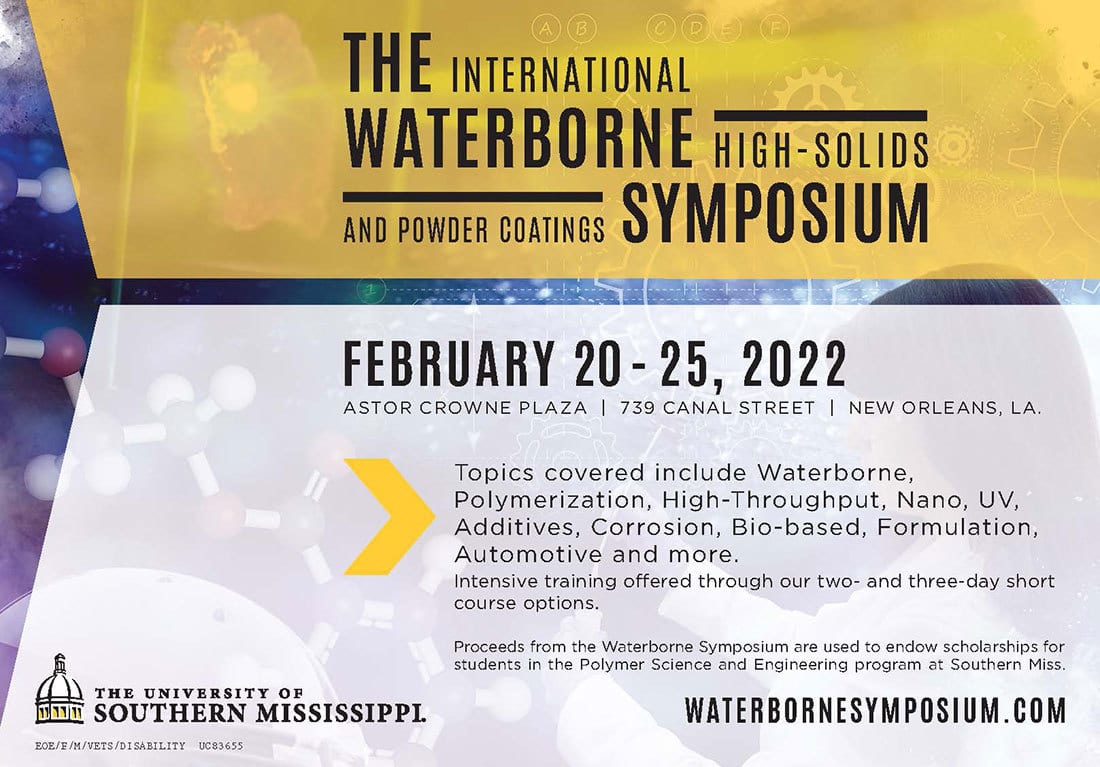Ready to proof -- CLJ 1/17/22
Proofed by KP 1-18-22
KJ proofed on 1/19. Sent question to Karen.
COMPANY NEWS
Expansion Underway at AGC Chemicals Americas' Pennsylvania Facility
EXTON, PA – AGC Chemicals Americas Inc. (AGCCA) announced an expansion at its Thorndale, Pennsylvania, production facility that will add up to 50% more manufacturing, a quality control lab and office space. The multiuse facility will be configured to meet the growing needs of current business, and accommodate future production increases and new capabilities.
In 2021, AGC Japan established the Global Compounds business unit, headquartered in Exton, Pennsylvania, to manage customer needs over multiple markets in various geographical regions that the Thorndale site services. AGC designated the Thorndale plant for expansion and execution of its business continuity plan because of its strong technical capabilities in compounding fluoropolymer resins and large presence in the transportation, aerospace, energy, industrial, semiconductor and coatings markets. Construction began in December 2021 with a target completion date of July 2023.
“Local government supports this expansion because it will utilize regional and local construction resources,” said Michael Lim, Senior Director of Manufacturing Technology and Operations for AGCCA. “This expanded presence demonstrates our continued investment in the local community.”
AGC Chemicals Americas’ facility in Thorndale, Pennsylvania. Photo courtesy of AGC Chemicals Americas.
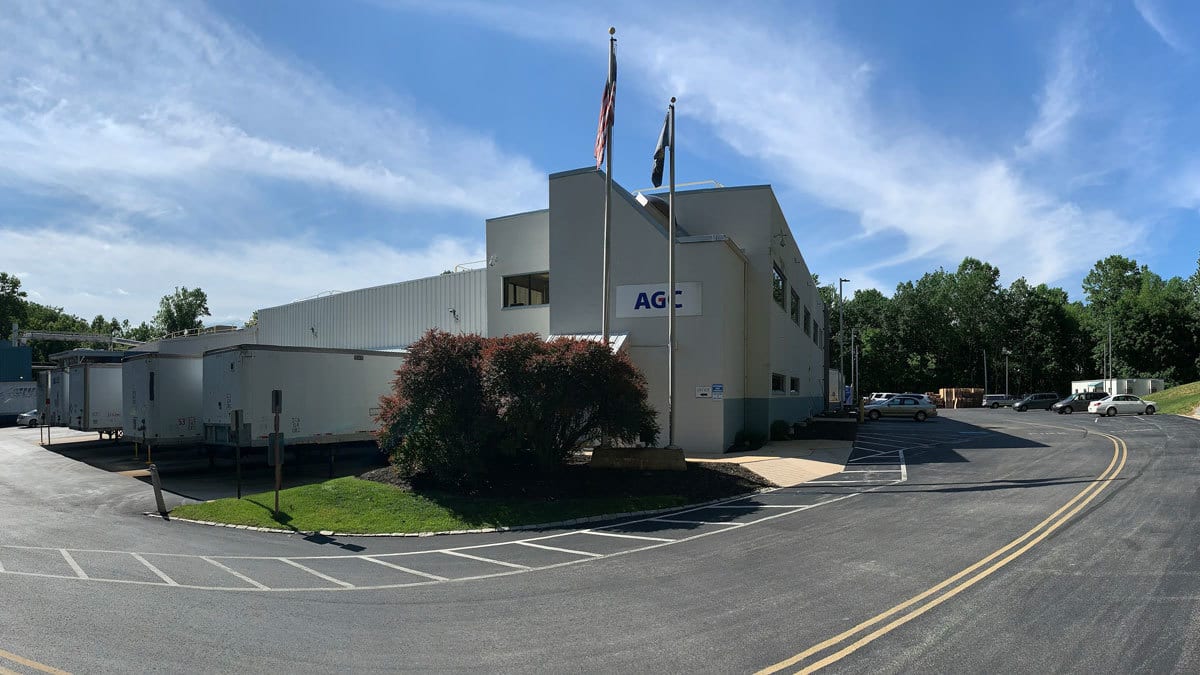
Perstorp Announces Acquisition of GEO's Di-Methylolpropionic Acid Business
MALMÖ, Sweden – Perstorp recently announced it has acquired GEO’s Di-Methylolpropionic Acid (DMPA®) business. The acquisition is part of Perstorp’s commitment as the sustainable specialty solution provider within the resins and coatings segment.
Photo: metamorworks, iStock/Getty Images Plus, via Getty Images
Bis-MPA™ has reportedly represented a key building block in Perstorp’s offering over the past 20-plus years. The product enables a technology shift from solvent to waterborne formulations within markets such as polyurethane dispersions, PUDs and waterborne alkyds.
“Our strategy is to be the sustainable solutions provider within our focus segments, of which resins and coatings is one. Additives for waterborne resins and coatings technologies are a key area for future growth, and we see great potential in the market for Bis-MPA together with the acquired DMPA. This acquisition will both allow further development of our offering and enable long-term investments to safeguard future availability,” said Jan Secher, President and CEO of Perstorp Group.
As of January 2022, Perstorp resumed control of GEO’s DMPA business. GEO will continue to produce DMPA exclusively for Perstorp in Allentown, Pennsylvania. Perstorp and GEO are jointly committed to ensuring a smooth business transition process, focusing on security of supply and service.
Perstorp reports that the acquisition expands the company’s strategic presence in polyurethane and alkyds dispersions — a vital step to the company becoming a specialty leader in various waterborne coatings markets. It bolsters Perstorp’s position within the di-methylpropionic acid platform, allowing further investments in innovation and additional capacities over time. Perstorp’s strategy is to support its customers and wider society by driving the shift towards renewable raw materials and sustainable technologies. This acquisition serves both of those goals.

PPG’s TIKKURILA Euro Brand Introduces Packaging with Recycled Content
ST. PETERSBURG, Russia – PPG recently announced that its TIKKURILA™ Euro brand by PPG has introduced product packaging with up to 25% recycled plastic content in Russia. Russian petrochemicals firm SIBUR developed the material. The new paint packs will be marked with an eco-label to indicate they contain recycled material. There is no change in end price versus standard packaging.
Image courtesy of PPG.
Increasing the use of recycled content is a key component of PPG’s sustainability strategy. The packaging for its architectural coatings products, excluding the handle and lid, have up to 100% recycled content in the United States and up to 80% in Europe. The company is currently testing packaging that also uses 100% recycled content for the packaging and lid. SIBUR’s material, called Vivilen™, contains up to 50% recycled polypropylene or polyethylene.
“Vivilen is a solution created to meet our customers’ sustainability efforts, and to satisfy the growing demand from processors and end users aimed at involving recycled materials in production,” said Alexey Sboev, SIBUR Marketing Director. “In developing Vivilen, we offer innovators partnering with us a full-fledged platform to meet to the public demand for ‘green’ solutions.”
“PPG aims to make a positive contribution to the overall reduction of plastic waste volumes,” said Ekaterina Balon, Tikkurila Marketing Director, Russia, Central Asia and China. “Tikkurila by PPG has the highest number of eco-labeled products in our core markets. The introduction of packaging with recycled content for the Tikkurila Euro line by PPG is another important step in our sustainability journey.”
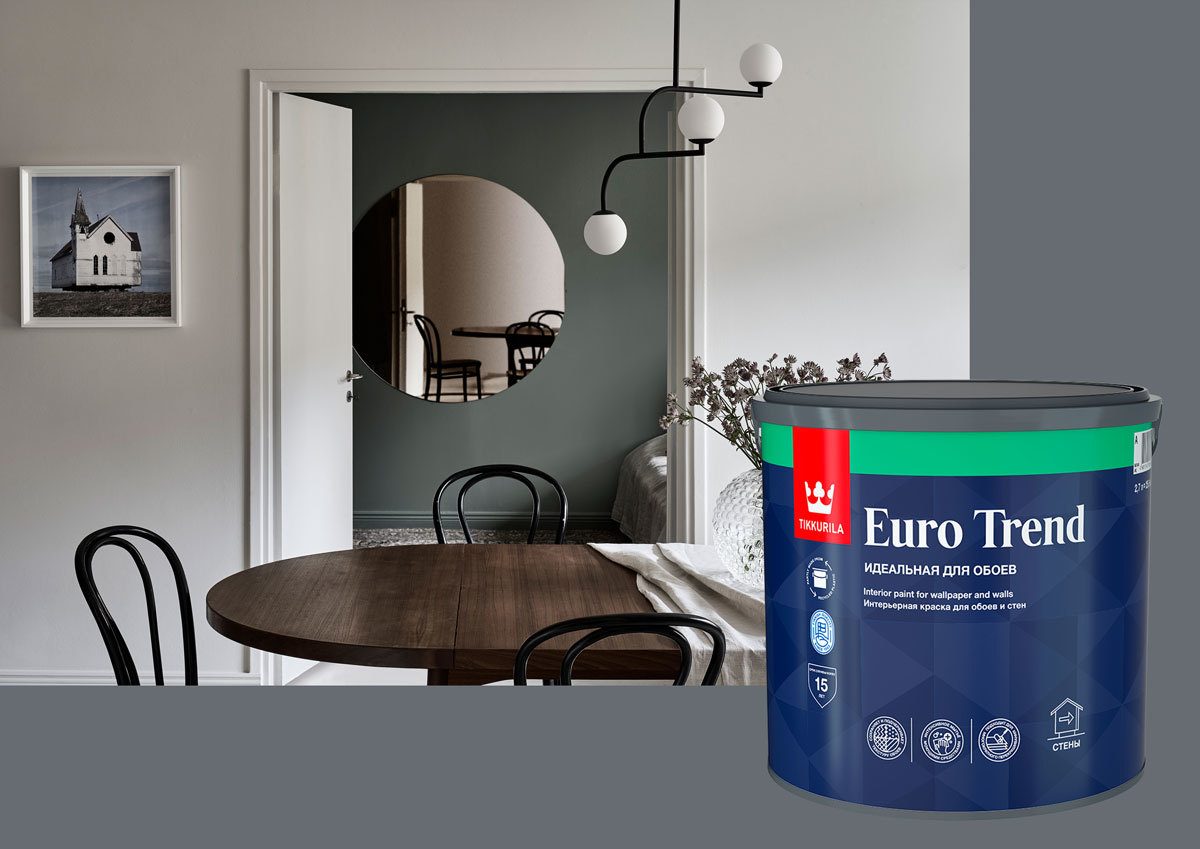
Elkem Project Aims to Eliminate Carbon Dioxide Emissions from Silicon Production
OSLO, Norway – The Research Council of Norway has granted Elkem NOK 16 (approximately $1.8 million) to develop a new concept for silicon production where all direct carbon dioxide (CO2) emissions are eliminated. Elkem is a global leader in silicon-based advanced materials. The company aims to be part of the solution to combat climate change and to be one of the winners in the green transition. The company reports that it already uses 83% renewable electricity in its operations.
“Elkem’s goal with this project is to develop a concept that eliminates all direct CO2 emissions from silicon production. Carbon oxides in the off gas from the smelting furnaces will be captured, converted to solid carbon, and reused in the process, in short — silicon production with carbon looping. If and when we succeed, this may become a game changer for the global silicon industry. We believe that this is a strong candidate to become a main technology for carbon-neutral silicon production beyond 2050,” said Elkem’s Senior Vice President for Technology, Håvard Moe.
“The development of this concept is a prioritized task in Elkem’s long-term climate strategy. Industrialization of the concept will result in vastly reduced CO2 emissions from Elkem’s silicon production, giving Elkem increased competitiveness in its markets. Elkem may also license the technology to other manufacturers, enabling silicon production at minimal climate and environmental footprints globally,” added Moe.
The project will run from 2022-2024. Elkem is project owner, and Aasgeir Valderhaug is project manager. The Norwegian R&D institutes SINTEF and NORCE, and the pilot test center Future Materials, will be research partners. The experiments on laboratory scale will be performed at SINTEF, while the experiments on bench scale will be performed at Future Materials at the Fiskaa site in Kristiansand, Norway. Elkem researchers will be involved in planning, execution and evaluation of the experiments. Elkem will also be responsible for process modeling, where NORCE will have a key role.
Silicon production still generates significant CO2 emissions. The annual direct CO2 emissions from Elkem’s smelters are 2.1 million tons of CO2, which corresponds to approximately 90% of Elkem’s total direct emissions. In its climate roadmap, Elkem has set goals of reducing its CO2 emissions by 28% by 2031 and achieving carbon neutrality by 2050. The granted R&D project focuses on Elkem’s 2050 goal of exploring how to achieve carbon neutrality at the lowest environmental footprint and competitive costs.
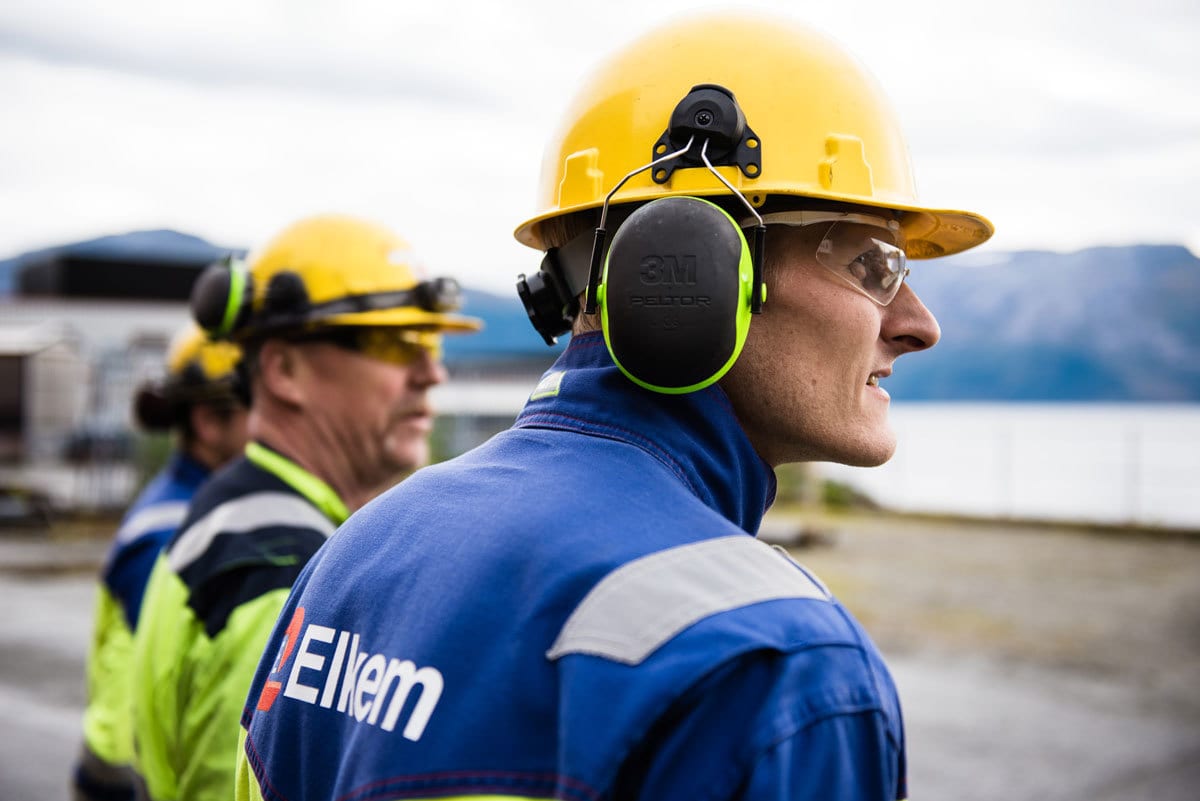
Photo courtesy of Elkem.
Sun Chemical Expands Offerings in Polymers and Lamination Adhesives Markets
PARSIPPANY, NJ – Sun Chemical has acquired SAPICI, a leading company in high-performance polyurethanes for coatings, flexible packaging, industrial adhesives and more. According to Sun Chemical, the acquisition of SAPICI reinforces its integrated supply strategy in the packaging market by adding capabilities to develop and produce unique polymers for the entire portfolio of inks, coatings and lamination adhesives.
The combined resources and technologies of DIC/Sun Chemical and SAPICI will reportedly provide a comprehensive and unique polymer portfolio for areas such as industrial coatings, elastomers, and industrial adhesives and sealants. The acquisition of SAPICI will make Sun Chemical an integrated player in the lamination adhesives market, directly owning assets, technologies and resources to improve the product portfolio.
“By joining forces with industry leader Sun Chemical, our team can utilize their vast resources for the next wave of innovation in coatings, adhesives, elastomers and sealants applications, ultimately improving the products our customers rely upon daily,” said Cristian Furiosi, CEO, SAPICI. “The extensive experience and product portfolio our organization has in this market, combined with Sun Chemical and DIC Corporation’s expertise and complementary products, provide an all-encompassing solution to excite our customers.”
“Providing our customers with the most effective solutions on the market is priority number one, and the acquisition of SAPICI enables innovation in lamination adhesives to better serve this base,” said Mehran Yazdani, President, Global Packaging and Advanced Materials, Sun Chemical. “SAPICI’s core competencies in the manufacturing of ultra-low monomer isocyanates-based solutions will allow Sun Chemical to further address both current and future trends in sustainability, compliance, food contact, health and safety — reinforcing our commitment to responsible care.”

Photo: Iphotography, iStock/Getty Images Plus, via Getty Images
Huber Engineered Materials Finalizes Acquisition of MAGNIFIN
ATLANTA – The Huber Engineered Materials (HEM) acquisition of RHI Magnesita’s (RHIM) 50% ownership stake in the 50/50 joint venture, MAGNIFIN Magnesiaprodukte GmbH & Co. KG, which was signed on May 4, 2021, closed on Dec. 31, 2021. MAGNIFIN products are sold globally by Martinswerk GmbH as part of the HEM Fire Retardant Additives (FRA) strategic business unit, which produces a wide range of halogen-free fire retardants, smoke suppressants and specialty aluminum oxides.
“This step forward demonstrates our commitment towards our customers to support their growth and our clear strategy to grow our halogen-free fire retardant and specialty material business globally,” said Victor Dean, General Manager of HEM’s FRA strategic business unit.
Based in Breitenau, Austria, MAGNIFIN has been producing magnesium hydroxide (MDH) products since 1990. MAGNIFIN® coated and uncoated magnesium hydroxides are environment friendly, halogen-free fire retardants used in a wide range of polymer applications, especially thermoplastic materials and elastomers requiring high processing temperatures in excess of 300 °C.
“This transition is a strong strategic fit with HEM’s mission to own and operate specialty chemical and mineral companies with market-leading positions,” said Dan Krawczyk, President of Huber Engineered Materials.
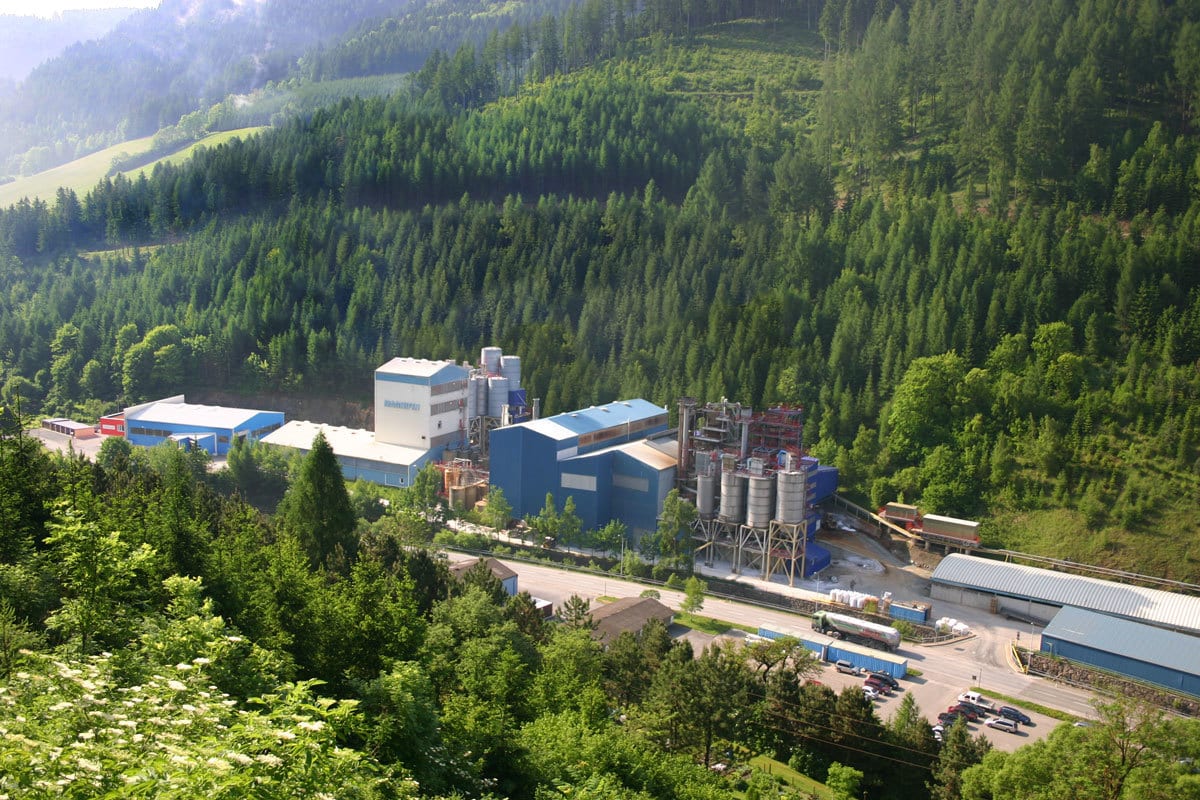
The MAGNIFIN plant in Breitenau, Austria. Photo courtesy of Huber Engineered Materials.
